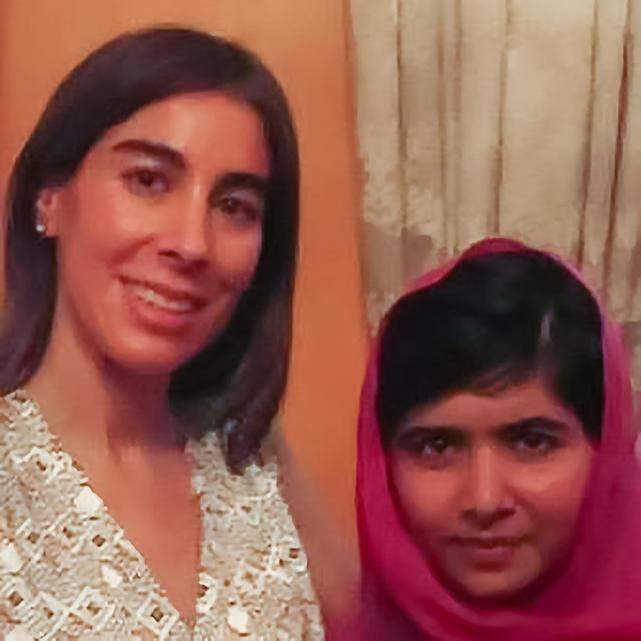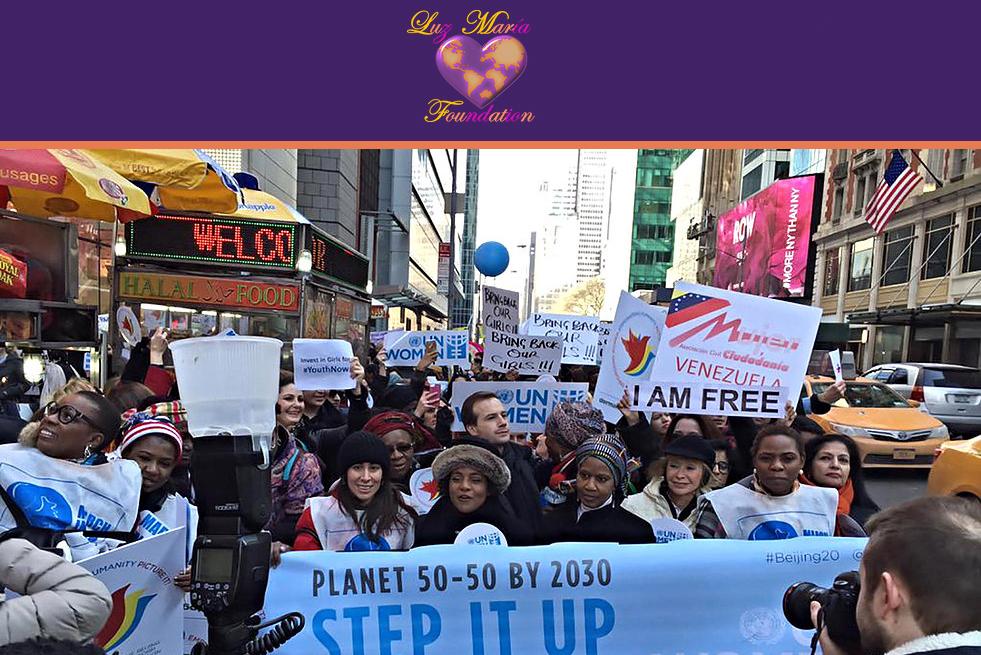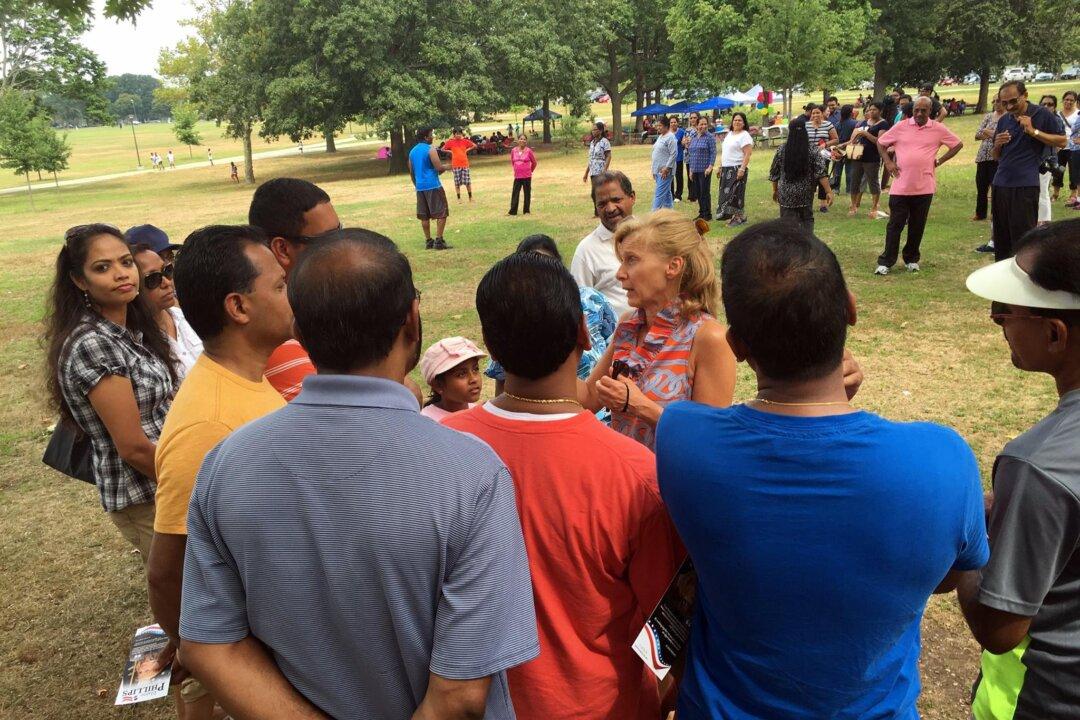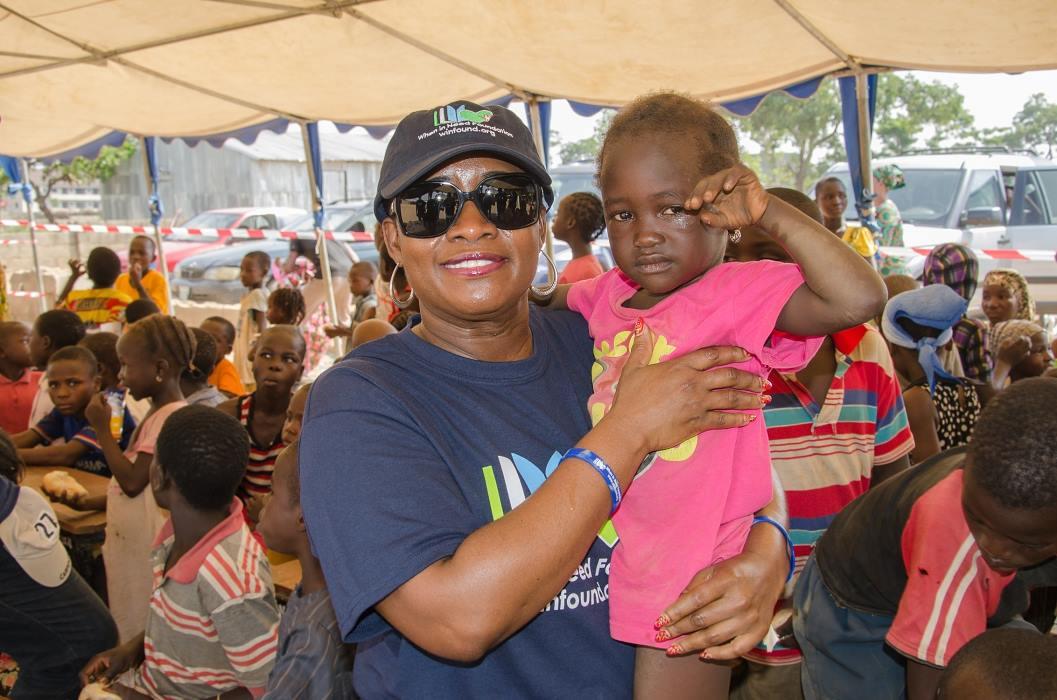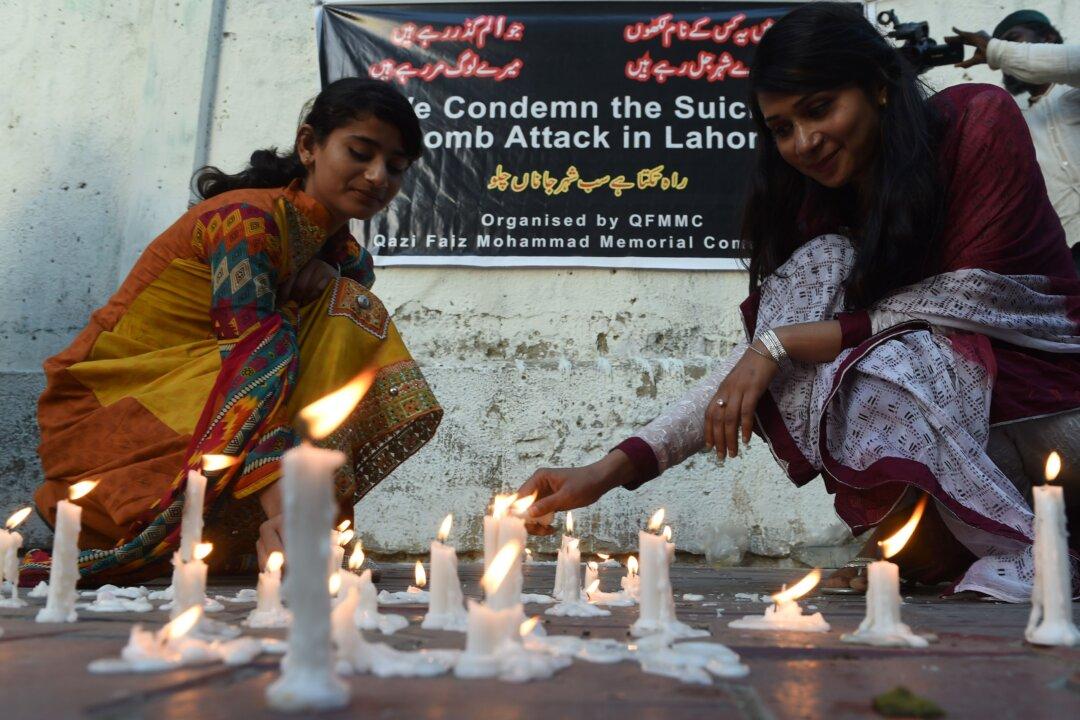“What you do not see from the statistics is the face of the actual victim,” said activist Luz Maria Utrera in a recent interview. The statistic to which Utrera referred is as alarming as it is largely unknown to the general public: One in three women in the world and one in five women in America will be beaten, raped, or suffer from other forms of abuse, including female genital mutilation—as a child, as an adolescent, or as an adult.
Most of those attacks, according to most studies on the subject, occur in the victim’s home and are perpetrated in the majority of the cases by a husband, a live-in boyfriend, a parent, or another close family member.
“Domestic violence against women is a global pandemic,” stated Utrera, a native of Argentina and a 2006 graduate of that nation’s University of El Salvador Law School.
